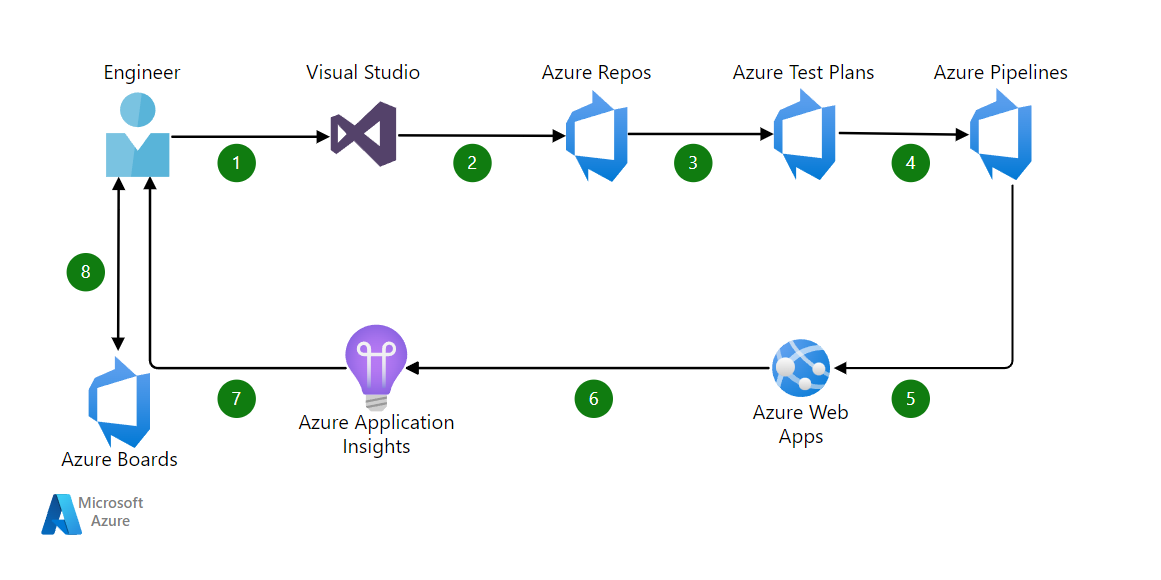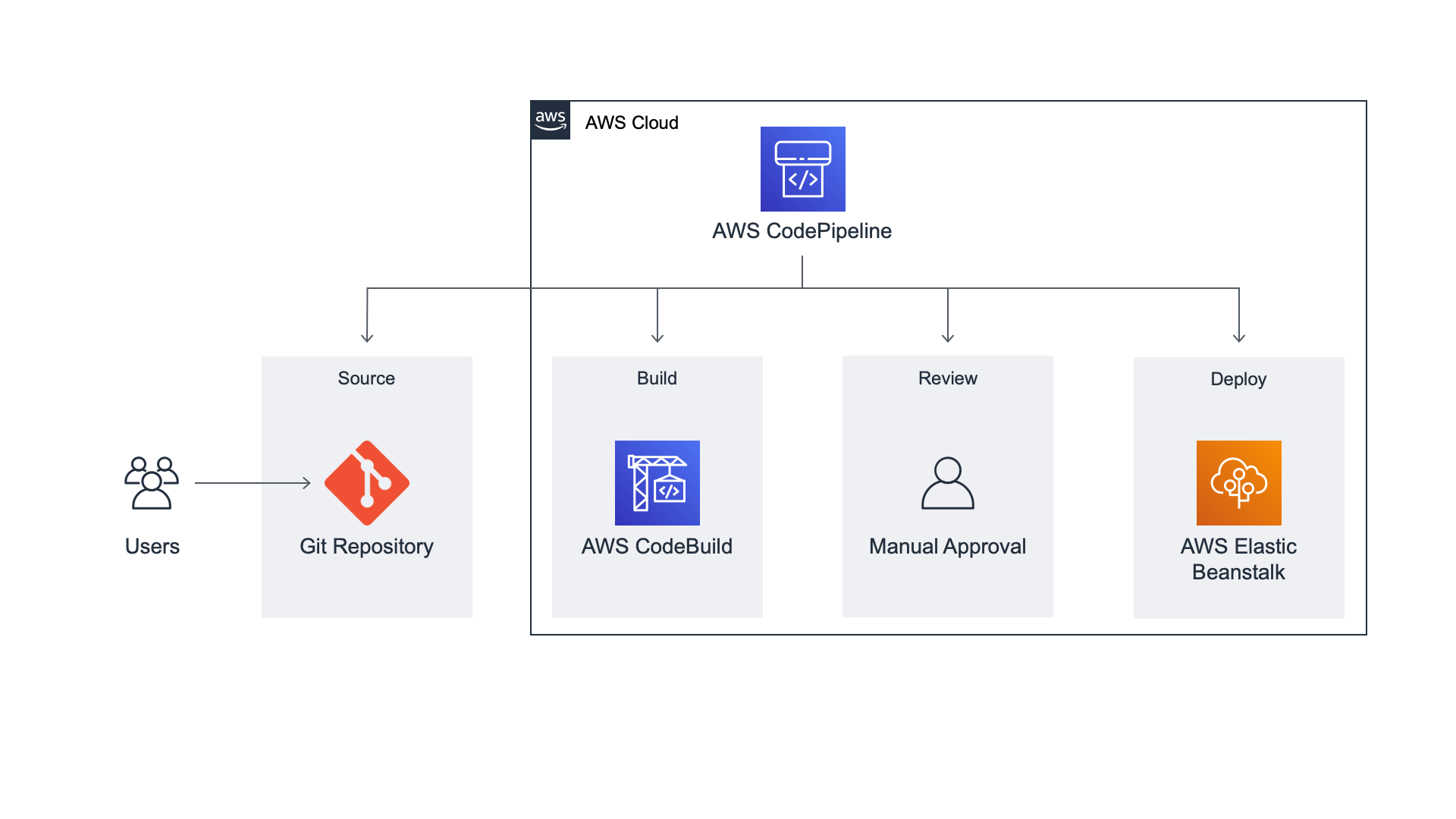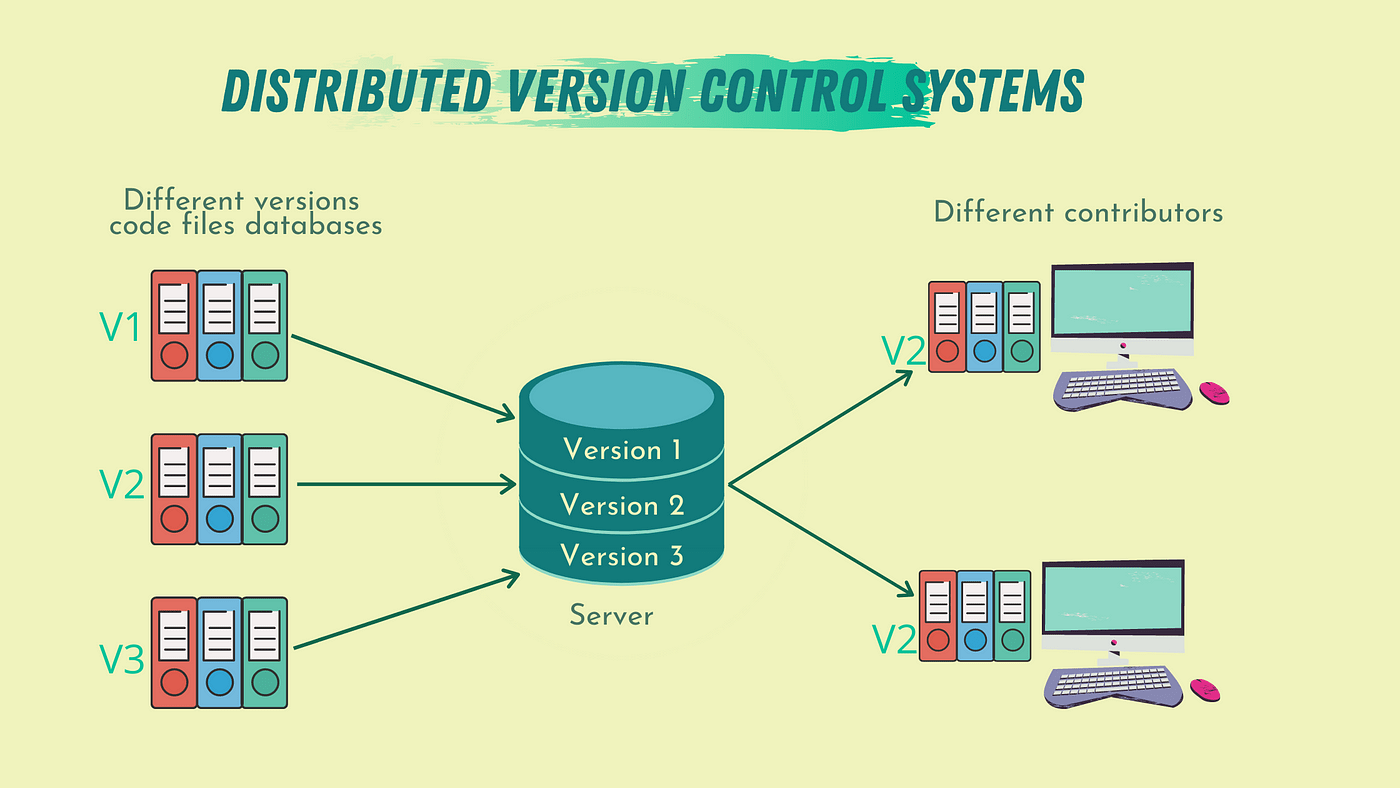DevOps Certification Training Course with Gen ...
- 190k Enrolled Learners
- Weekend/Weekday
- Live Class
DevOps projects are now enabling aspirants to take the art of development and operations collaboration to the next level, applying practices that perform as a catalyst for innovations!
No matter if you are a new user who wants to get into the realm of DevOps or a skilled aspirant with in-demand DevOps skills and experience, hoping to gain better expertise, this article will list the top 10 most important and innovative DevOps projects for practice to showcase your skills.
In order to cultivate in-depth knowledge and relevant skills, working on projects based on DevOps real-time scenarios is very important. Allow us to take you through some of the best project ideas that fully nurture your skillset for all potential DevOps situations.
Here are some DevOps projects ideas for beginners:
Gradle is an automation tool with an effective build process that tackles the build, test, and deploy tasks for Java apps. In this project, you’ll develop a Java app with Gradle as a build. In the first part, you’ll be able to differentiate dependencies, set up build elements and carry out the build process.
Docker, one of the extensively used containerization platforms, allows you to envelop dependencies with an application and create a container which is portable. This practice assignment is for Docker deployment of the web server. You will develop a Dockerfile comprising the web server’s configuration, build the image, and deploy the container. The project will give beginners a hold of Docker’s core principles and provide insight into the advantage of containerization in simplifying application deployment.

Jenkins is a prominently leveraged automation server that supports various DevOps practices. In this project, you’ll explore Jenkins remoting, which allows you to distribute build jobs across multiple machines. You’ll set up Jenkins master and slave nodes, configure job distribution, and execute builds remotely. This project will deepen your understanding of Jenkins and its distributed build capabilities.
 Designing the Continuous Delivery Pipeline on the AWS platform will be hard work, which will call for great experience in automation and implementing cloud solutions. This process comprises the deployment of a fully automated pipeline where the codes flow through from source control to production without any manual input. It includes the use of AWS services like CodeCommit, CodeBuild, CodeDeploy, ECS, or Elastic Beanstalk.
Designing the Continuous Delivery Pipeline on the AWS platform will be hard work, which will call for great experience in automation and implementing cloud solutions. This process comprises the deployment of a fully automated pipeline where the codes flow through from source control to production without any manual input. It includes the use of AWS services like CodeCommit, CodeBuild, CodeDeploy, ECS, or Elastic Beanstalk.
This Edureka DevOps Tutorial for Beginners will help you learn its concepts and tools with examples and demos. You will understand how a pipeline can be imagined for existing infrastructure. Furthermore, it will cover different DevOps projects & phases.
Now moving on to DevOps projects suitable for advance learner:
In this project tailored for experienced DevOps enthusiasts, you’ll embark on deploying a containerized web application leveraging Docker along with a platform to orchestrate containers – just like Kubernetes. Your tasks will include developing a microservices structure, generating Docker images for separate services and orchestrating deployment leveraging Kubernetes manifests. You’ll also get a chance to include load balancing, scaling mechanisms and monitoring solutions that promise optimal performance and availability of the application. Expect this DevOps project to improve your overall understanding of containerization and orchestration principles.
 Version control systems are perceived as the backbone of collaborative software development. In this project, you’ll build your own version control system from scratch. You’ll implement features like version tracking, branching, merging, and conflict resolution. This project will deepen your understanding of version control concepts and help you appreciate the inner workings of popular version control systems like Git.
Version control systems are perceived as the backbone of collaborative software development. In this project, you’ll build your own version control system from scratch. You’ll implement features like version tracking, branching, merging, and conflict resolution. This project will deepen your understanding of version control concepts and help you appreciate the inner workings of popular version control systems like Git.
Kubernetes is a widely harnessed container platform that allows containerizing applications that can be made available at scale and managed easily. In this exercise, you’ll launch a massive application and configure advanced features, for instance, auto-scaling, rolling updates, and persistent storage. The completion of this project will place enough confidence in your skills to an extent that you willl be in the zone and ready for a real deployment.
In the course of this work, you’ll have to explore the subtleties of infrastructure as code (IaC) by developing a Terraform project. You will produce and deploy a project creating an automated resource provisioning system in an easy-to-use and scalable way. By writing Terraform files and configuring state, good practices of code modularity and reusability are integrated.
Selenium test integration into CI/CD pipelines plays a central role in making sure software is reliable and has high quality. For this project, you will create a set of browser-based tests with Selenium and put these tests into a CI/CD pipeline so that each code change triggers the automatic running of these tests. This is done by establishing test environments, collecting test data, and deciphering test results to detect and improve any potential errors at an early stage of development. Finishing this project will be a powerful learning experience for you, capturing not only test automation details but continuous testing techniques as well, which are a significant part of modern DevOps activities.
Real-time DevOps projects have various reasons for being of paramount importance to anyone who intends to leverage innovations in technology.
Initially, they equip students with a hands-on approach to use the tools and devices used in the area. When you get involved in DevOps real time projects that are practically oriented, you don’t only learn by theory, but also put theory into practice and develop problem-solving skills.
In this respect, DevOps training, as well as practice projects, give you the opportunity to work in a team environment, leverage simulators and train under the guidance of experienced professionals.
When discussing best DevOps practices in an interview, let your work and skills acquired through DevOps engineer course speak for themselves and use examples that illustrate your capacity to understand and apply DevOps principles.
Start by introducing the project and giving a clear description of its purpose as well as the technologies being used. Next, talk about the exact problems you encountered number by number, and describe how you solved those issues. Focus on the automation, teamwork, and continuous delivery characterisation of your projects since you want to reaffirm the pillars of DevOps. Feel free to share resulting effects of your efforts, for example, increased efficiency, reduced downtime or faster deployers.
It is important to be ready and open to answering technical questions on the devices, technologies, software and processes you frequently use, as it will help showcase your technical prowess.
The DevOps field is undergoing constant evolution, which not only indicates the creation of potentially new career avenues but at the same time, its scope to invite revolutionary innovations. Practicing your skills on real and DevOps open source projects will not only allow you to get invaluable experience but to prove yourself as well.
We hope that our list of top DevOps projects for beginners and advanced-level learners will help you better understand real-world DevOps implementation. If you’re looking to strengthen your DevOps skills further, Edureka brings you a comprehensive DevOps tutorial, which can help strengthen your career in this field!
DevOps projects aim to adopt and apply DevOps methods and philosophy to expedite the software development as well as deployment process. It helps develop a culture that concentrates on continuous integration, testing, and deployment.
The primary goal of DevOps is to eliminate the gap between the development and operations teams. It allows software release at a faster rate and of better quality. Among other things, it implements boundaries, facilitates teamwork, and engenders a mindset of collective action.
Some of the key benefits of DevOps include:
 Thank you for registering Join Edureka Meetup community for 100+ Free Webinars each month JOIN MEETUP GROUP
Thank you for registering Join Edureka Meetup community for 100+ Free Webinars each month JOIN MEETUP GROUPedureka.co